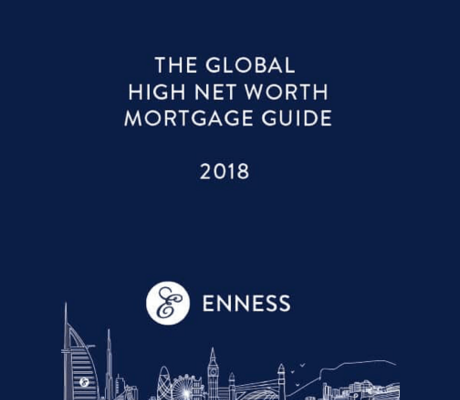The initial reaction to Brexit proved one of concern, yet the doom and gloom that many predicted have not exactly materialised. Despite witnessing swift political changes, a drop in the value of Sterling and some stock-market panic, the market has remained resilient, with a Cabinet re-shuffle and the Bank of England base rate cut restoring confidence in the future of the economy.
As the season of change is now over, investors can start evaluating their options with more clarity. Uncertainty always causes a slight lull in sales, especially after Stamp Duty changes and new rules for non-domiciles were introduced, yet enquiries and figures have already picked back up to the levels expected for September.
The tailspin reaction to Brexit subsided quickly. Although those with more discretionary demand may sit on the fence a while longer to watch interest rates, it is still too early to gauge the impact of Brexit until any real change takes place. With the HMRC recently reporting property transactions had not declined, it seems this is unlikely to change in the near future. Although the effects of Brexit remain fairly uncertain, there are still a number of areas where opportunity can be found.
-
International investment
The high net worth mortgage market offers excellent value for money for international investors, with the drop in the Pound creating an immediate opportunity for buyers overseas; Enness saw a 30% increase in enquiries to be exact. There has been no mass ‘sell-off’ of assets, with cheap prices and the availability of credit retaining secure valuable assets effectively.
New regulation introduced by the March 2016 Mortgage Credit Directive (MCD) now means lenders are required to monitor exchange rates for foreign currency loans and offer a switch if two currencies fluctuate by a certain percentage. Lenders have had to adapt quickly, but London has remained an extremely attractive investment, especially as those who are considered ‘deemed-domiciled’ are no longer subject to UK tax on income held in offshore trusts set up before they became deemed-domiciled.
-
Property prices
The lack of supply underpinning prices in the UK property market has been well-documented. Average prime property prices fell in London by 1.4% from 2014 preceding Brexit, with a greater effect on high-value Central London properties, which saw an 8% price drop due to stamp duty changes (according to the 2016 Savills Review).
A little rise in prices means little fear of market collapse. Many were prepared for the deals to fall through due to buyer concern or lenders pulling out of the market, yet this was far from reality.
Although the average loan to values (LTVs) previously reduced in 2015 (not as a result of Brexit), the average LTV currently stands at 65% for £5m plus assets. A 75% LTV is also still possible, or even higher with additional security.
-
Low-interest rates
We have seen no real change in lenders’ ability or desire to lend post-Brexit. Private banks, in particular, are incredibly competitive and many have reduced their margins as liquidity increased and prices reached an all-time low.
The record 0.25% cut to the Bank of England base rate resulted in a noticeable increase in confidence and sentiment from borrowers, not to mention some of the best rates ever recorded now being released. Credit is cheaper thanks to the Libor immediately following the cut and most major banks have changed their Terms and Conditions to reflect the possibility of negative interest rates. A further 0.1% cut is now expected this year, but this is not a guarantee as the market continues to show resilience.
‘Brexit has certainly fuelled enquiries from overseas clients here at Enness and identified very little change in customer behaviour overall,’ said Islay Robinson, CEO of Enness Private Clients, ‘it appears many in the high-net-worth space have adopted an optimistic approach to the long-term future of the market, which is something we wholly agree with.’




